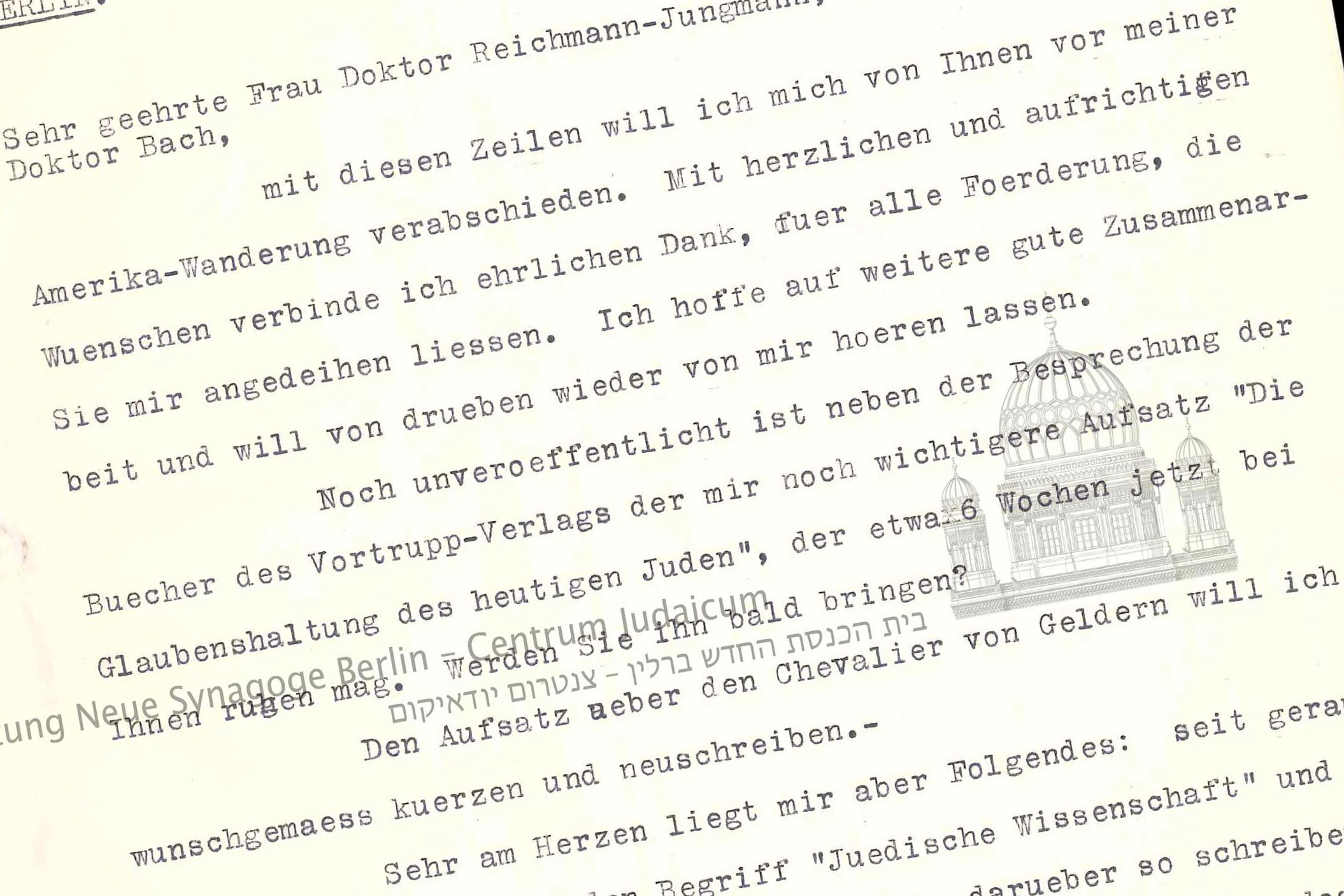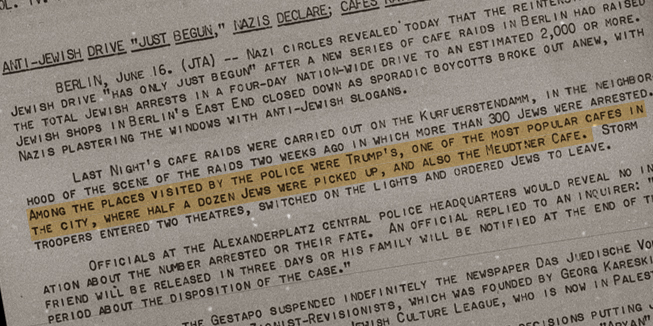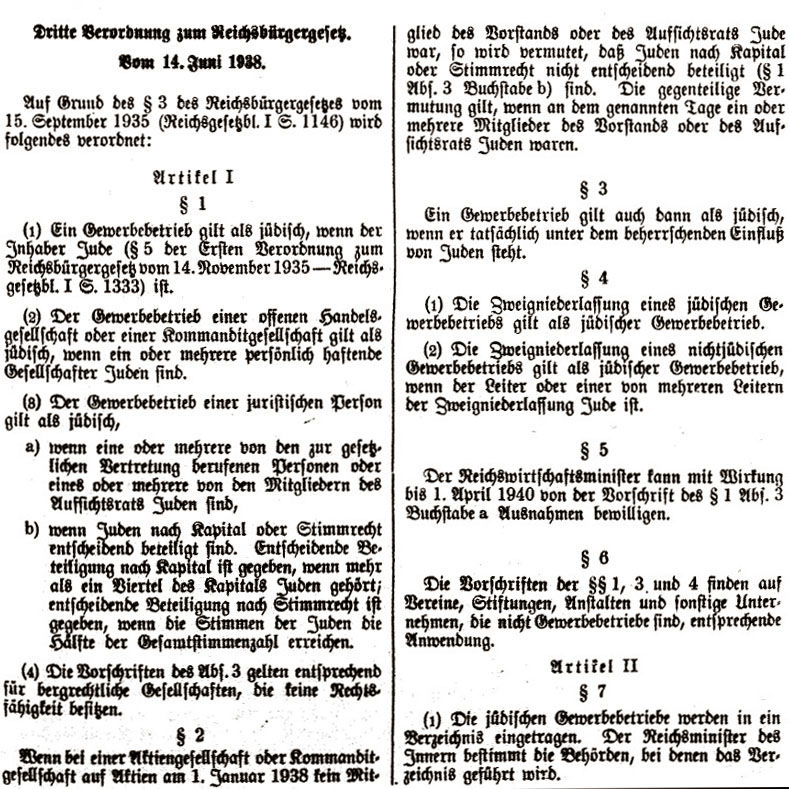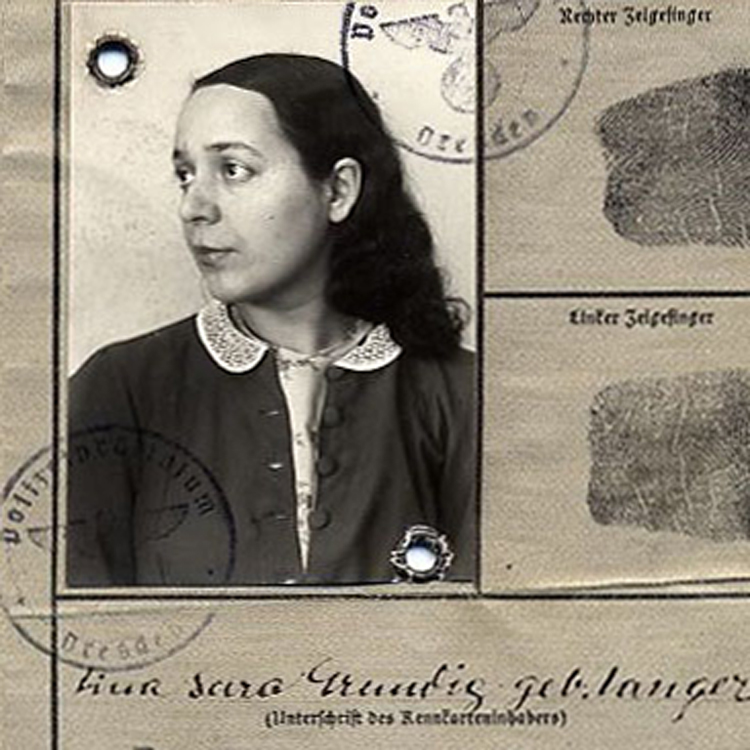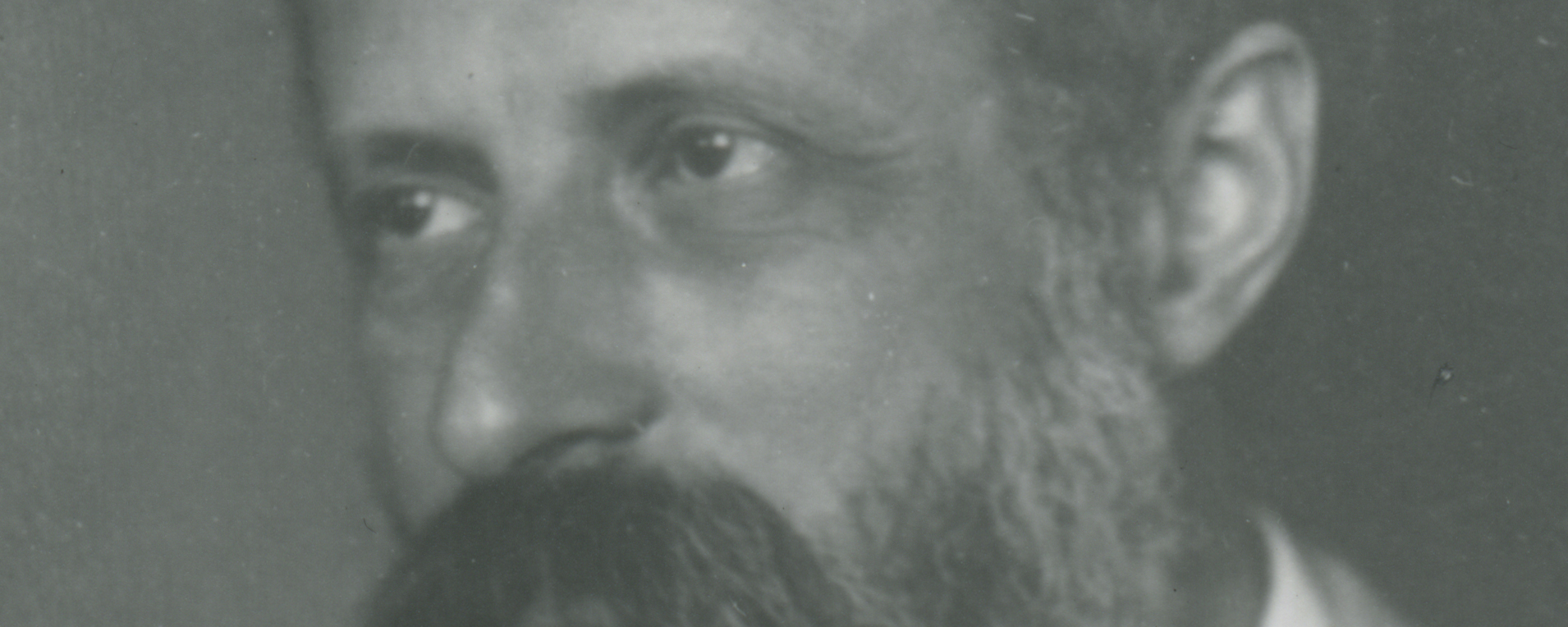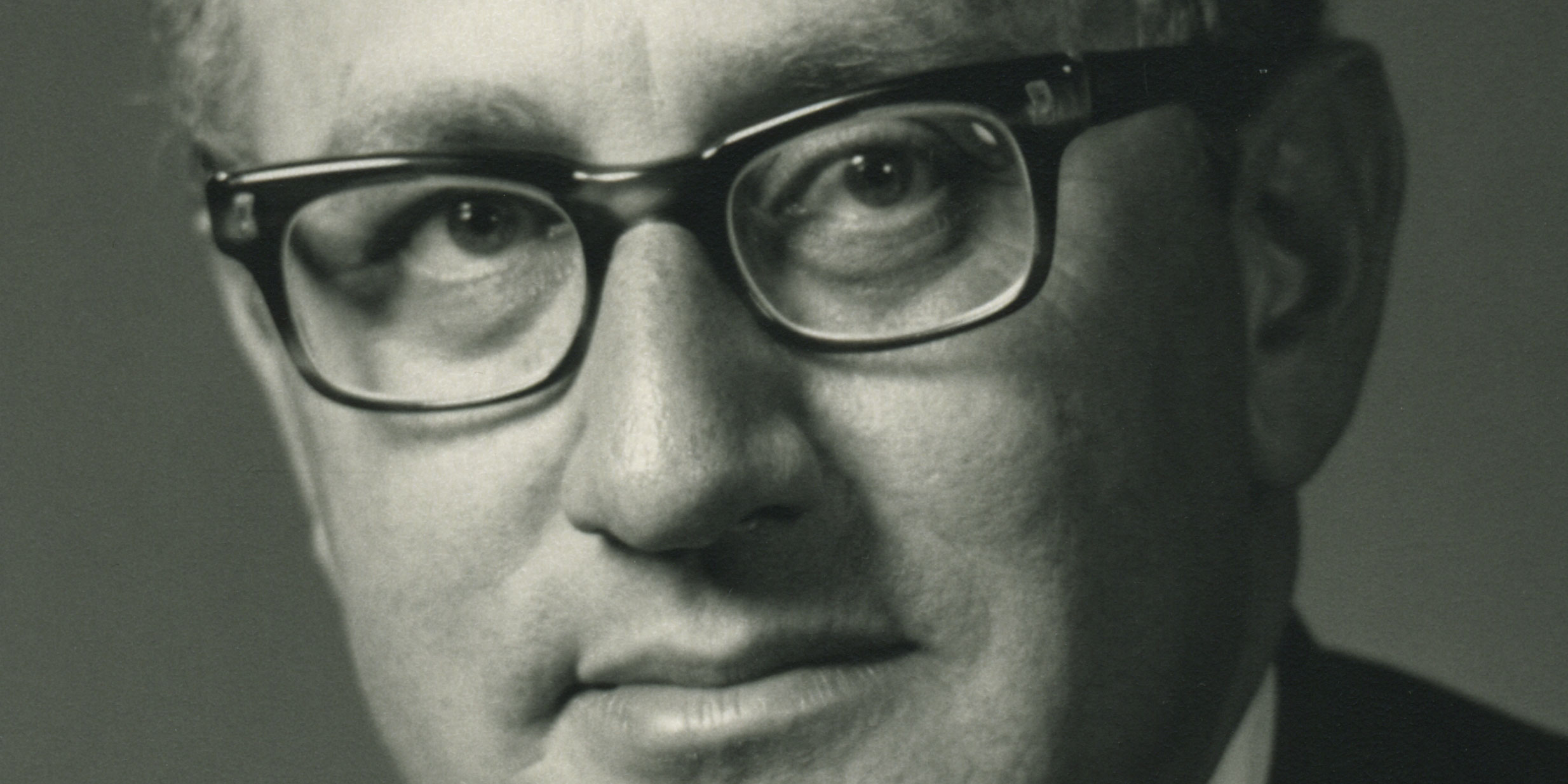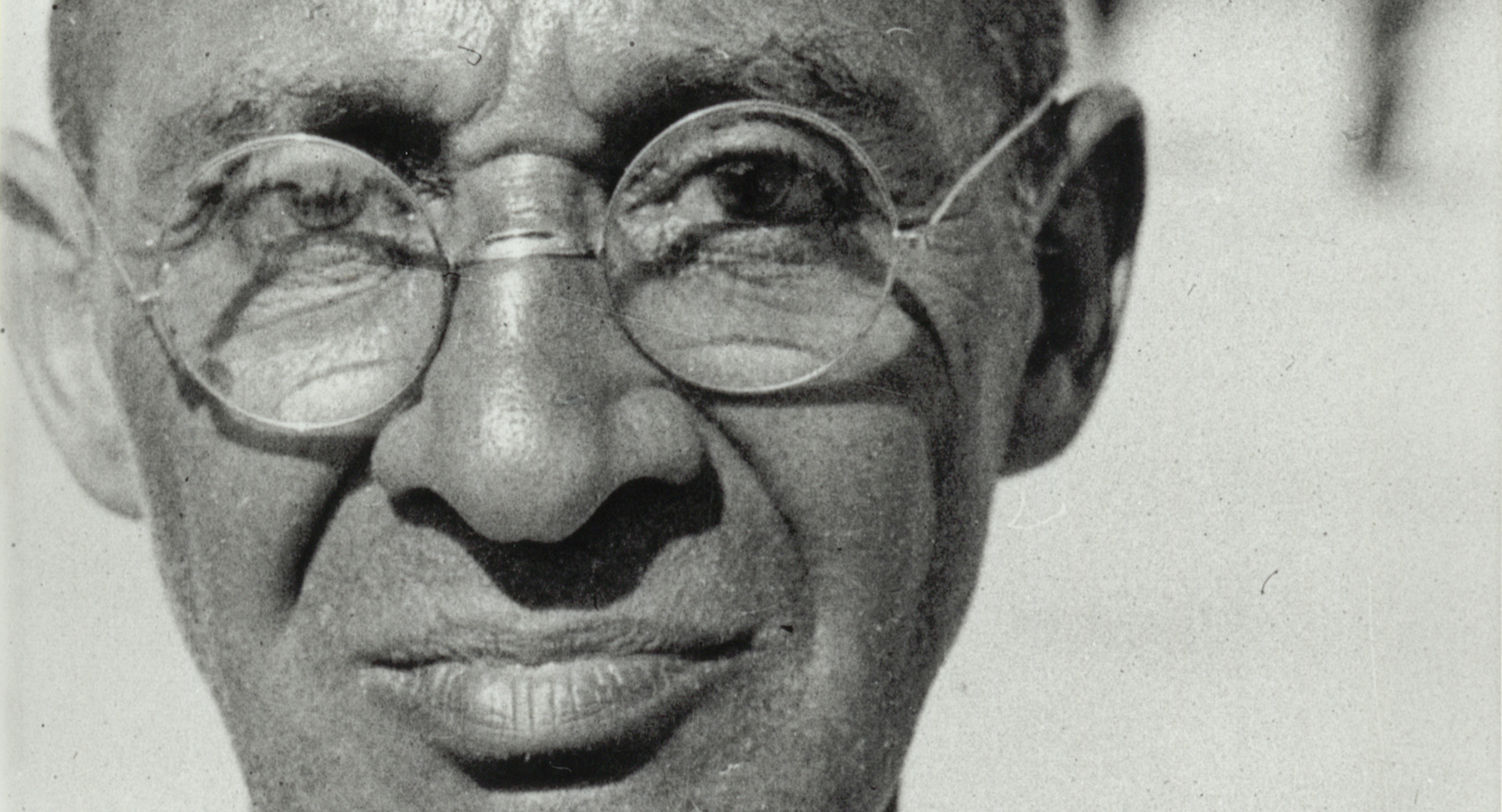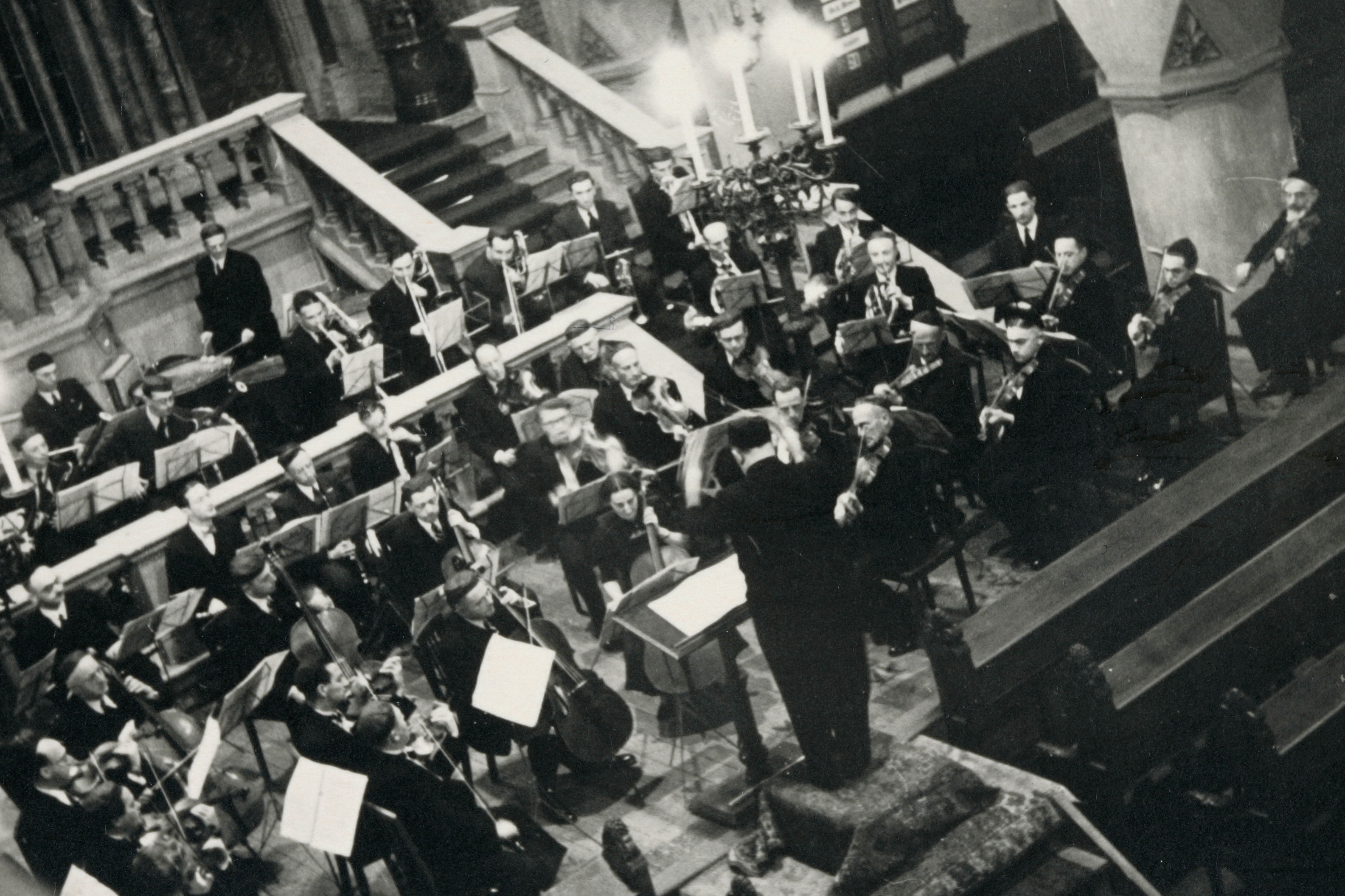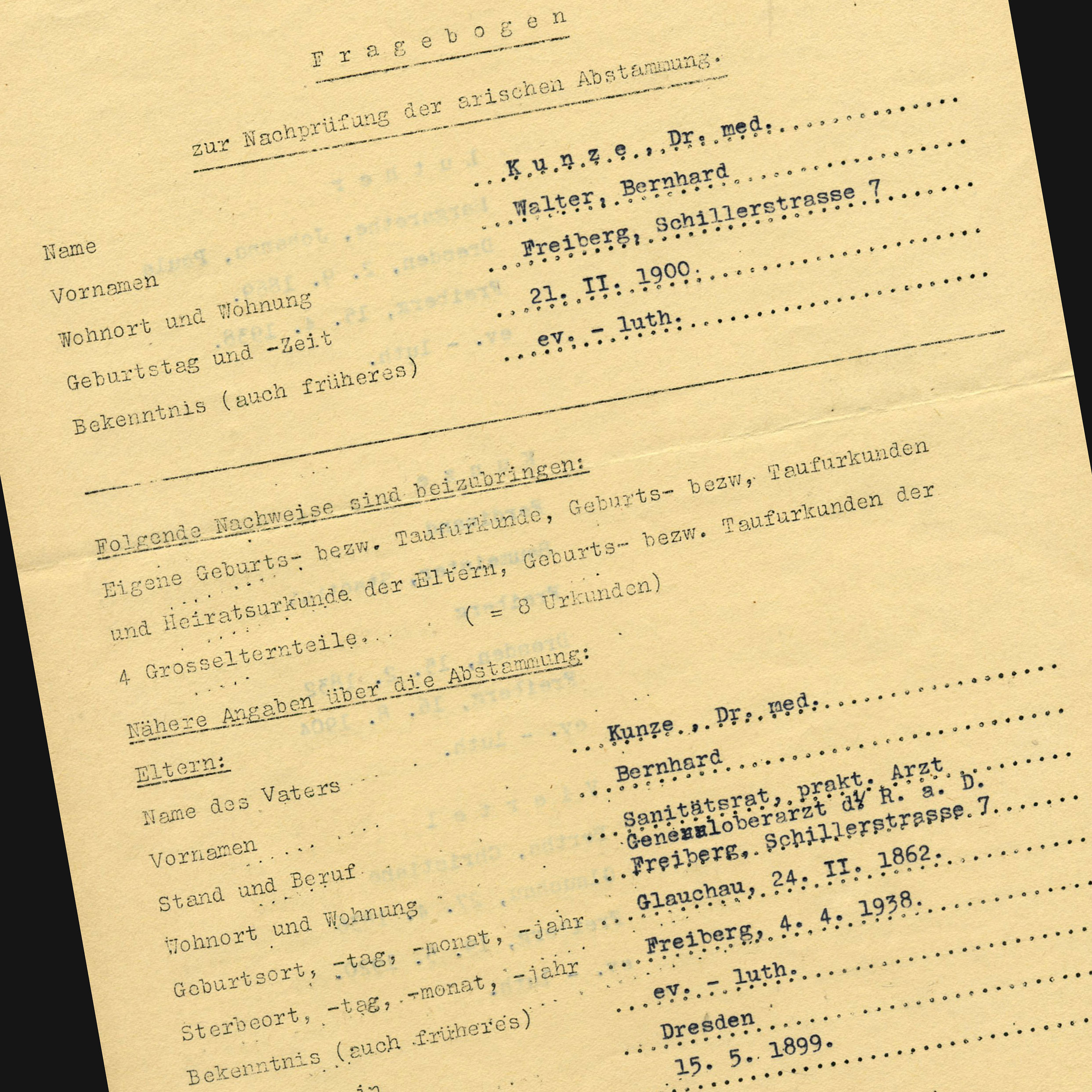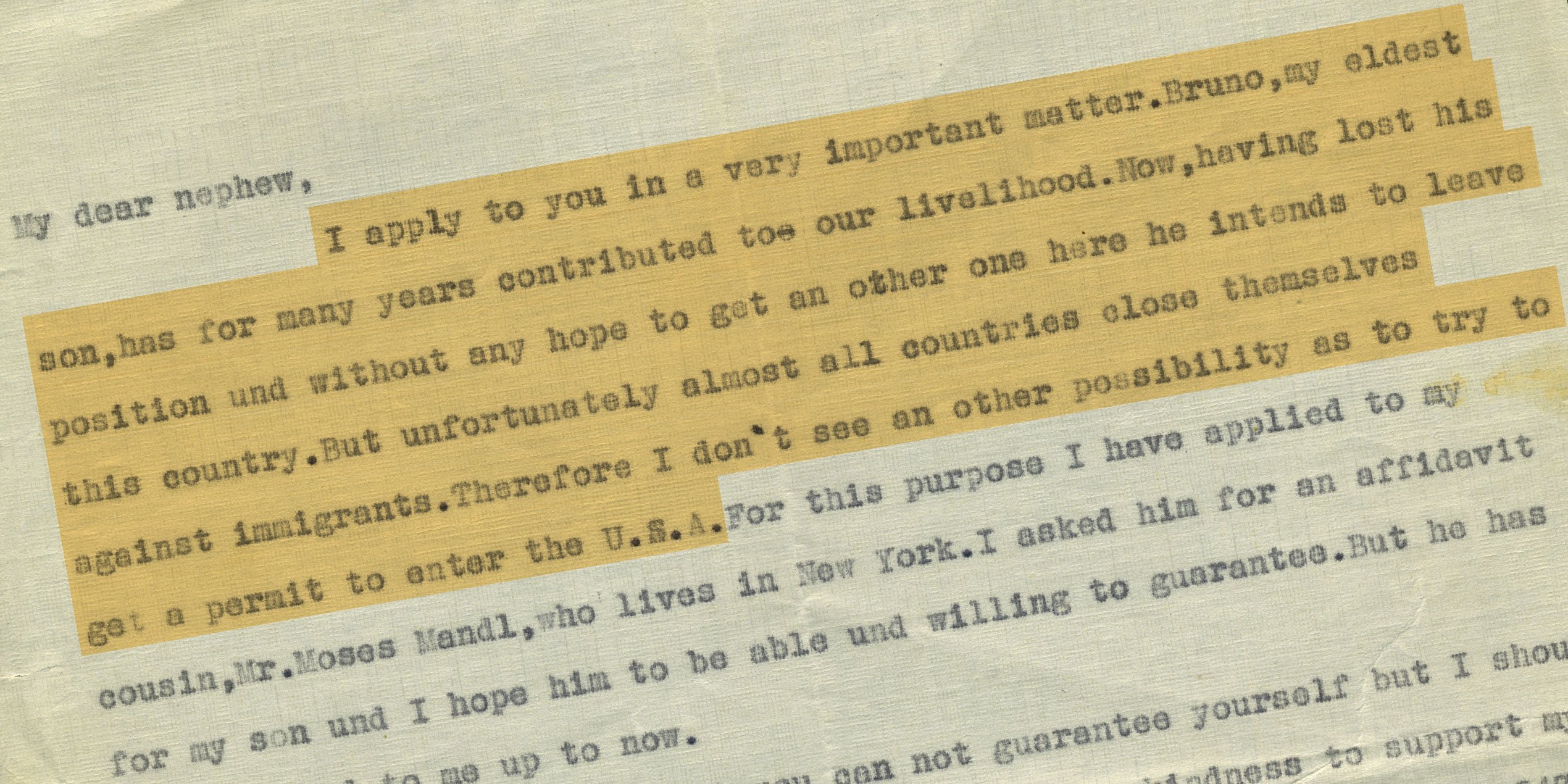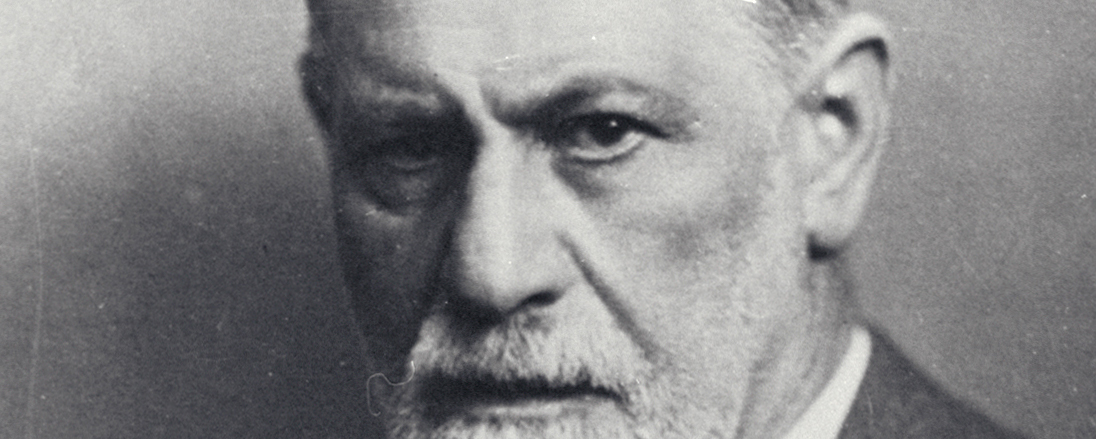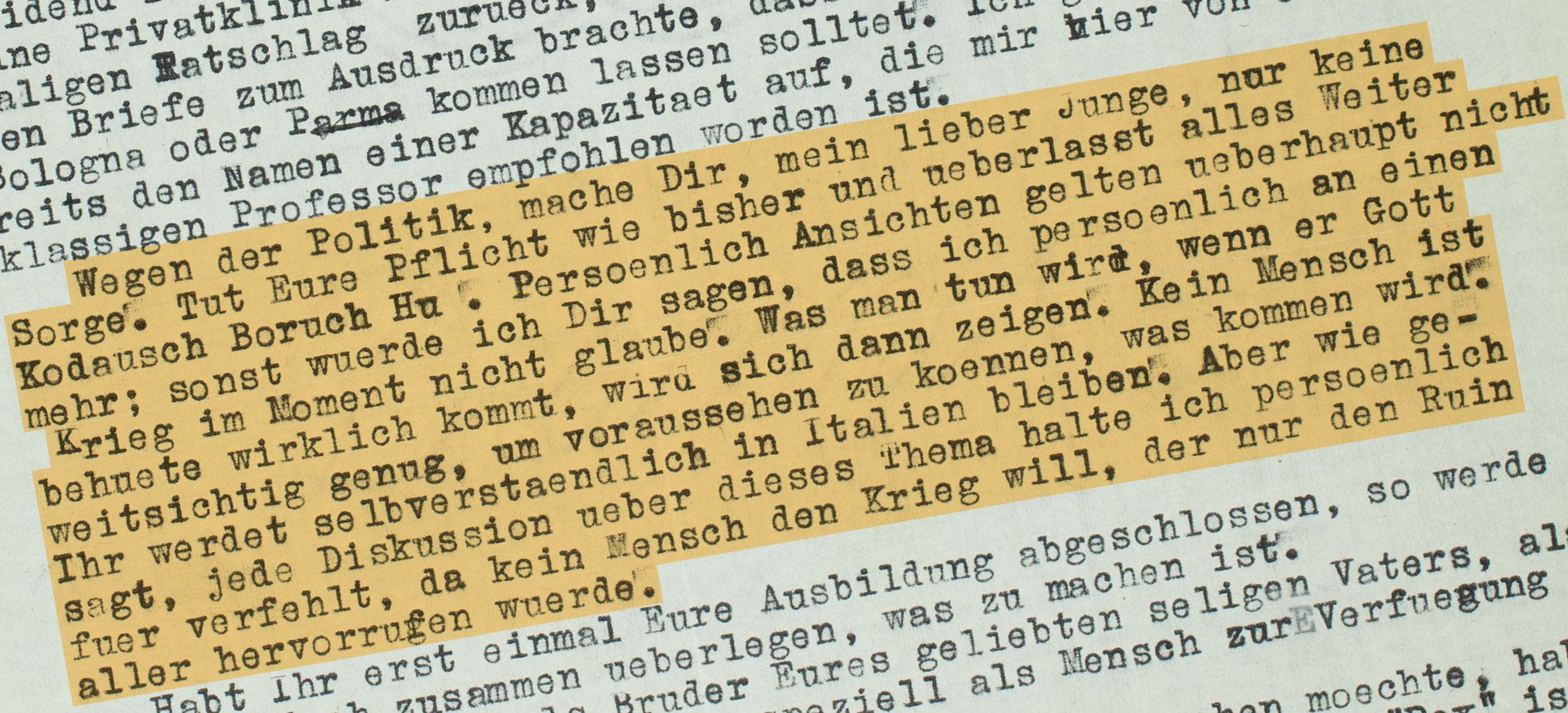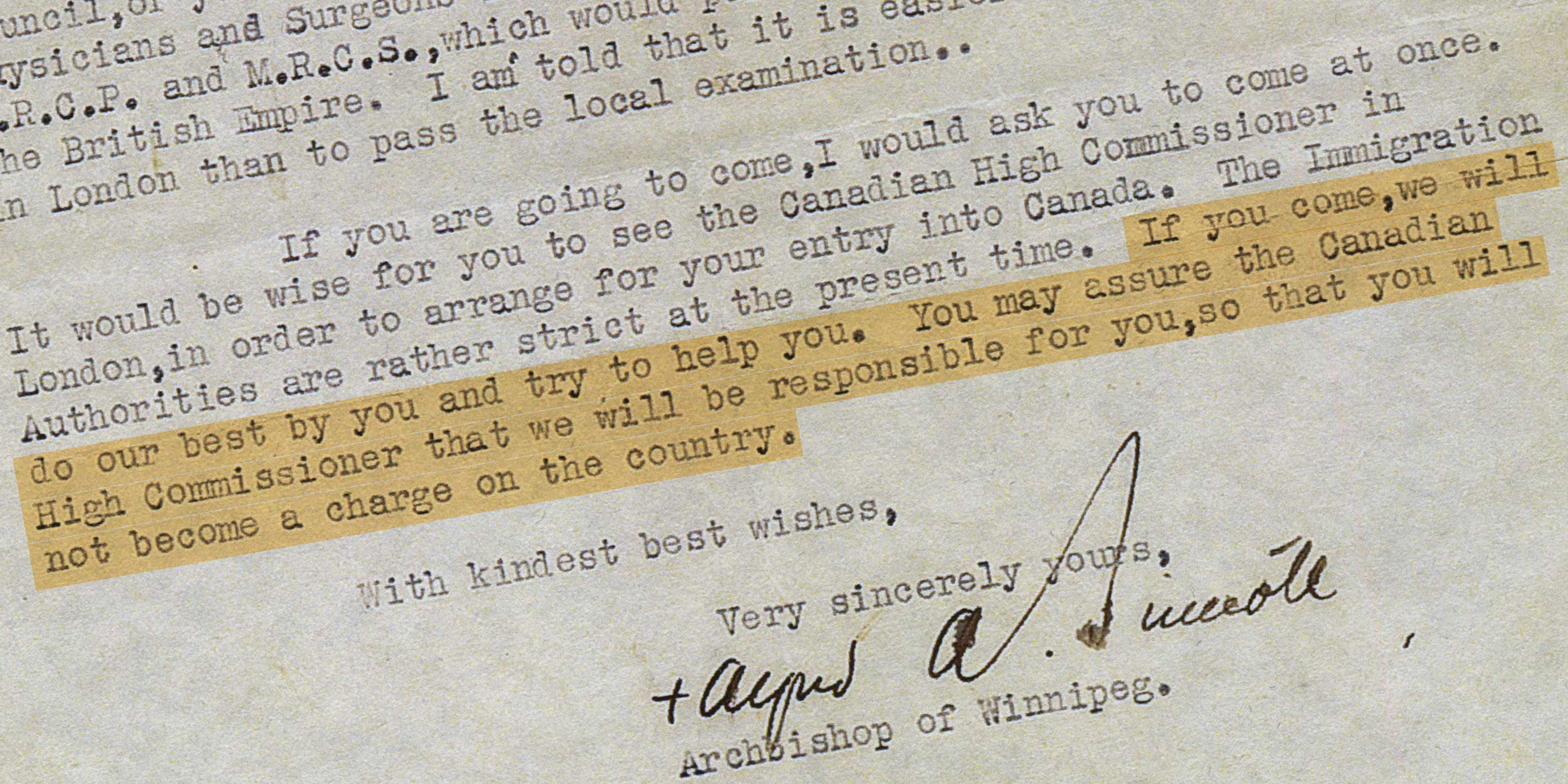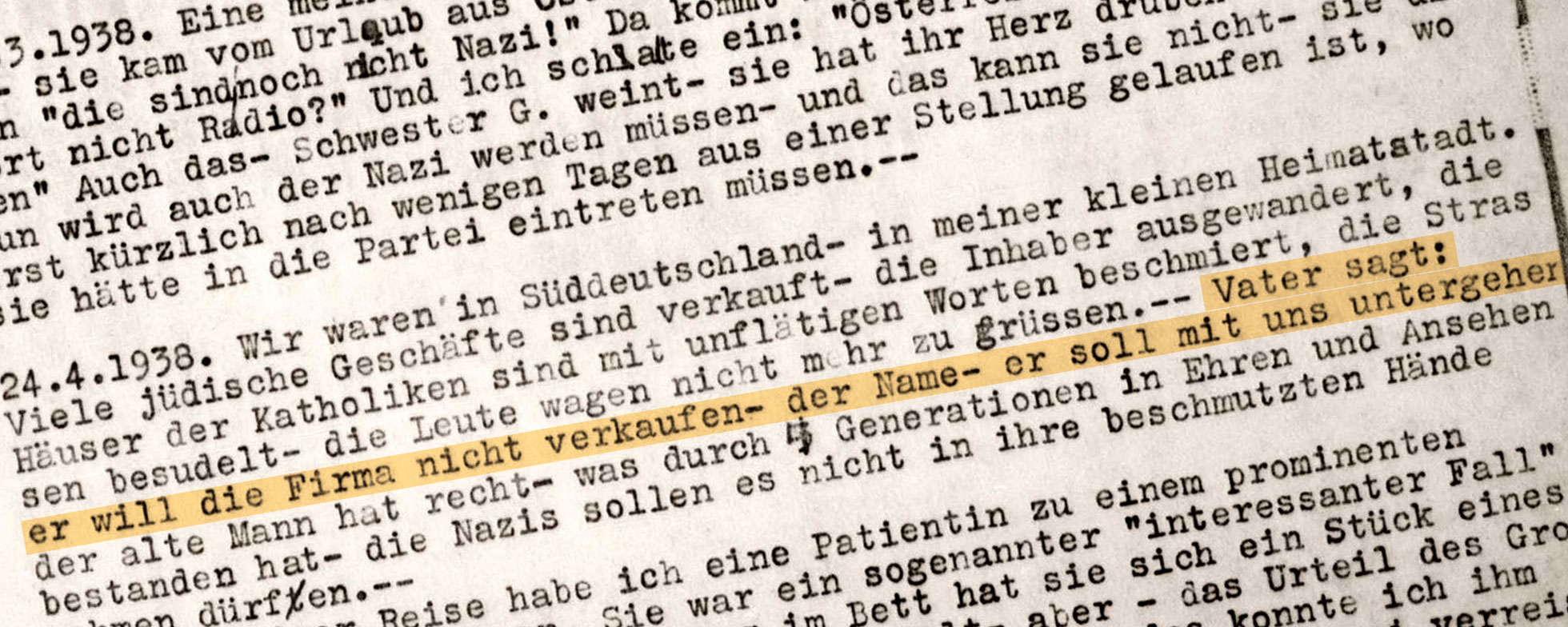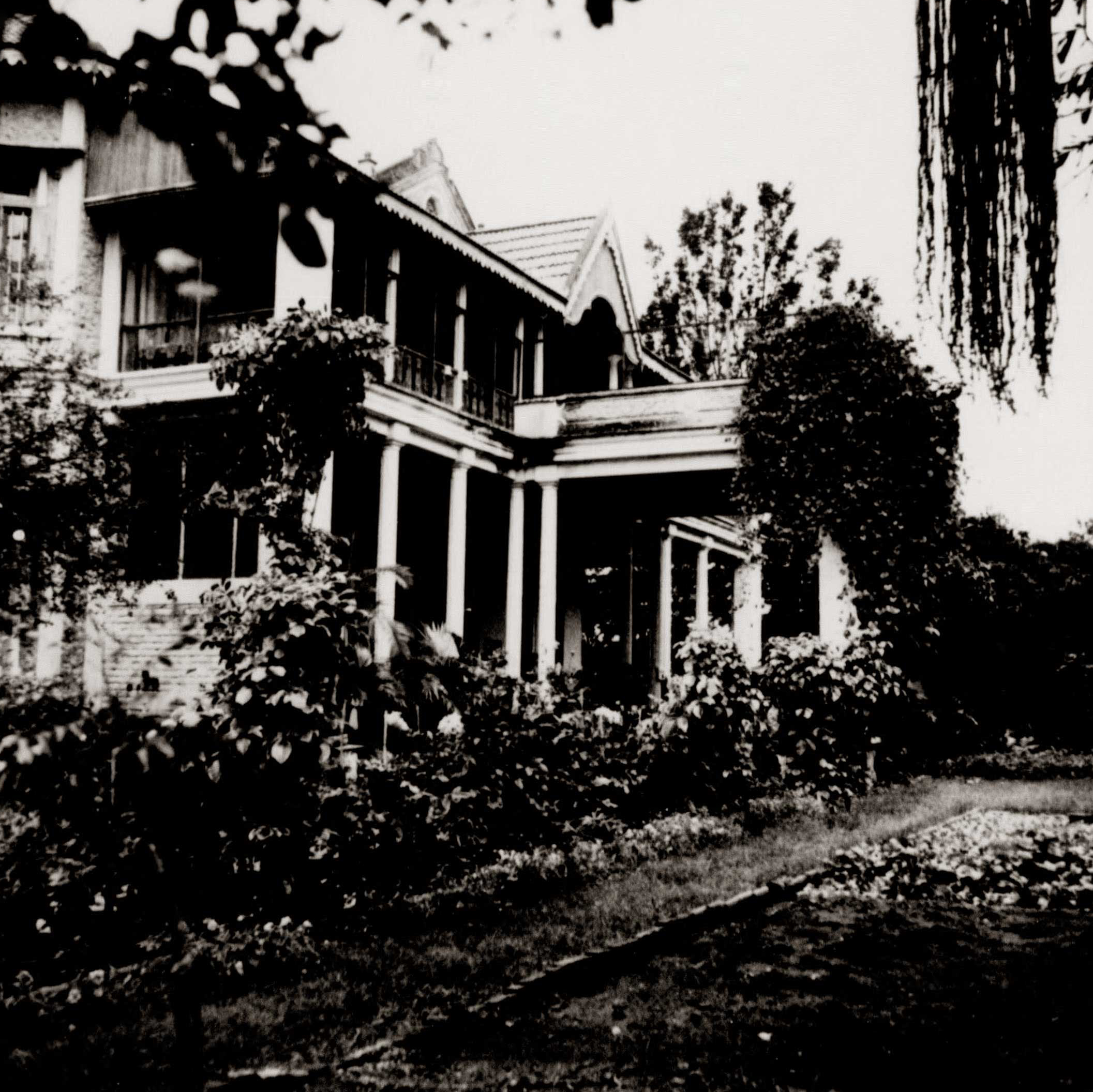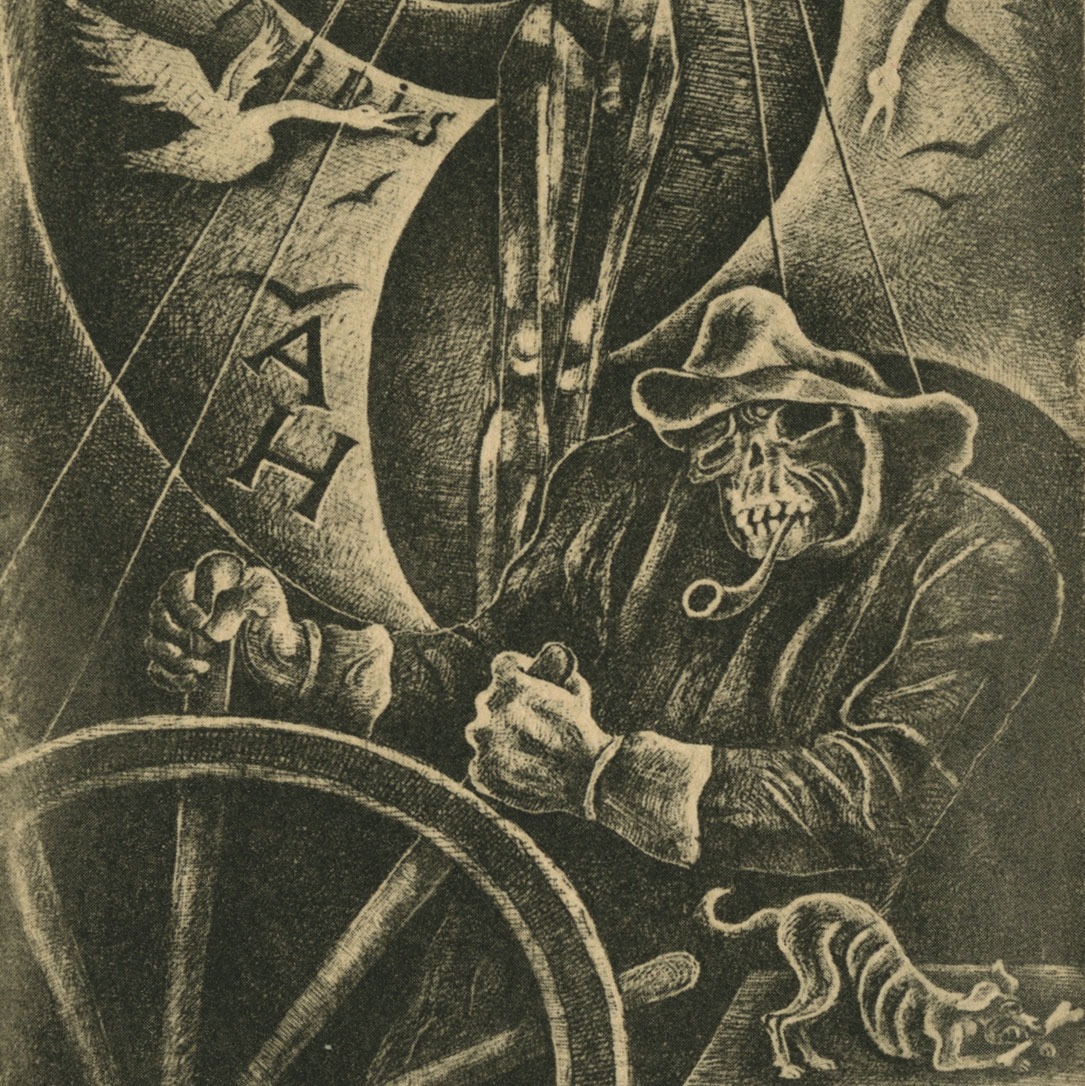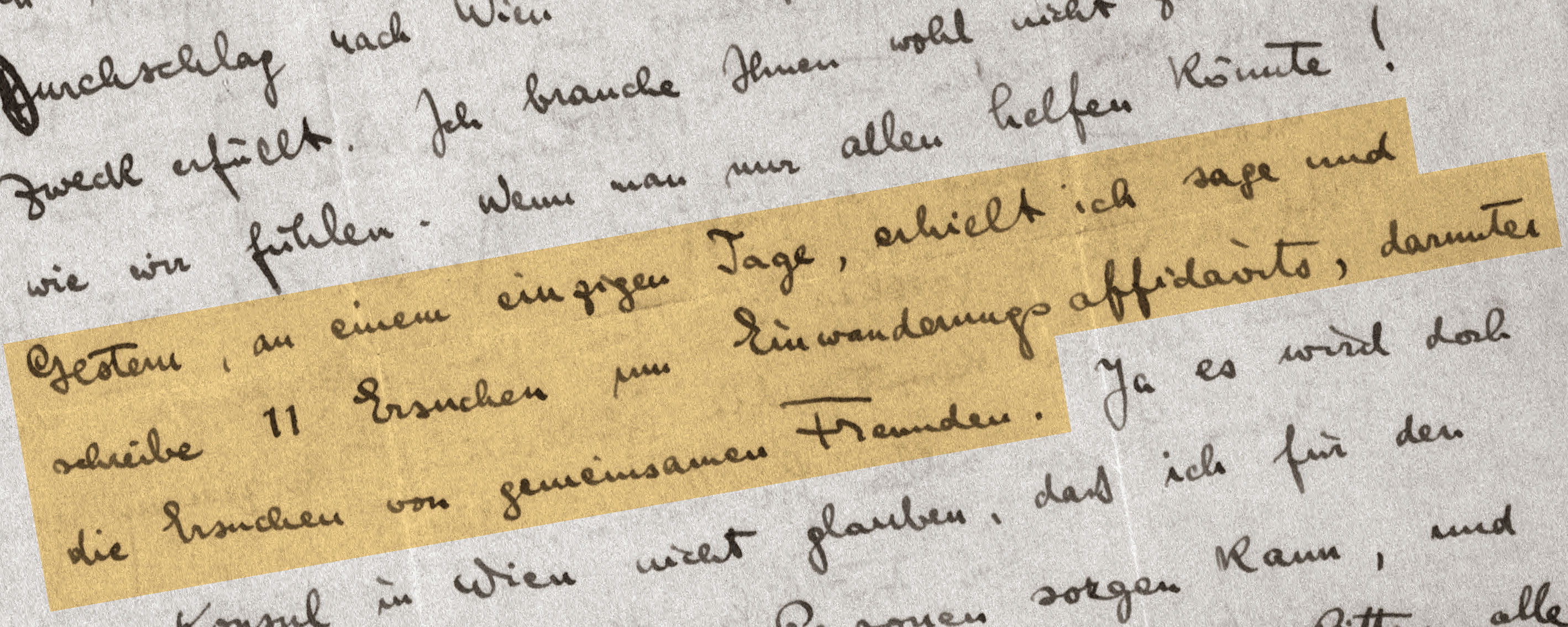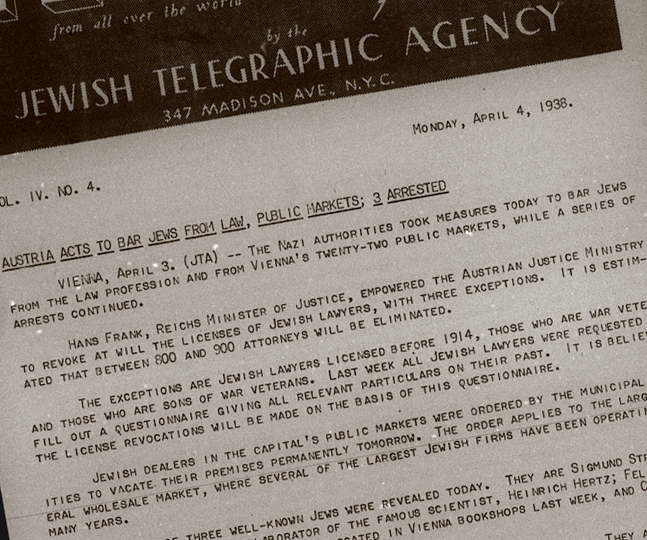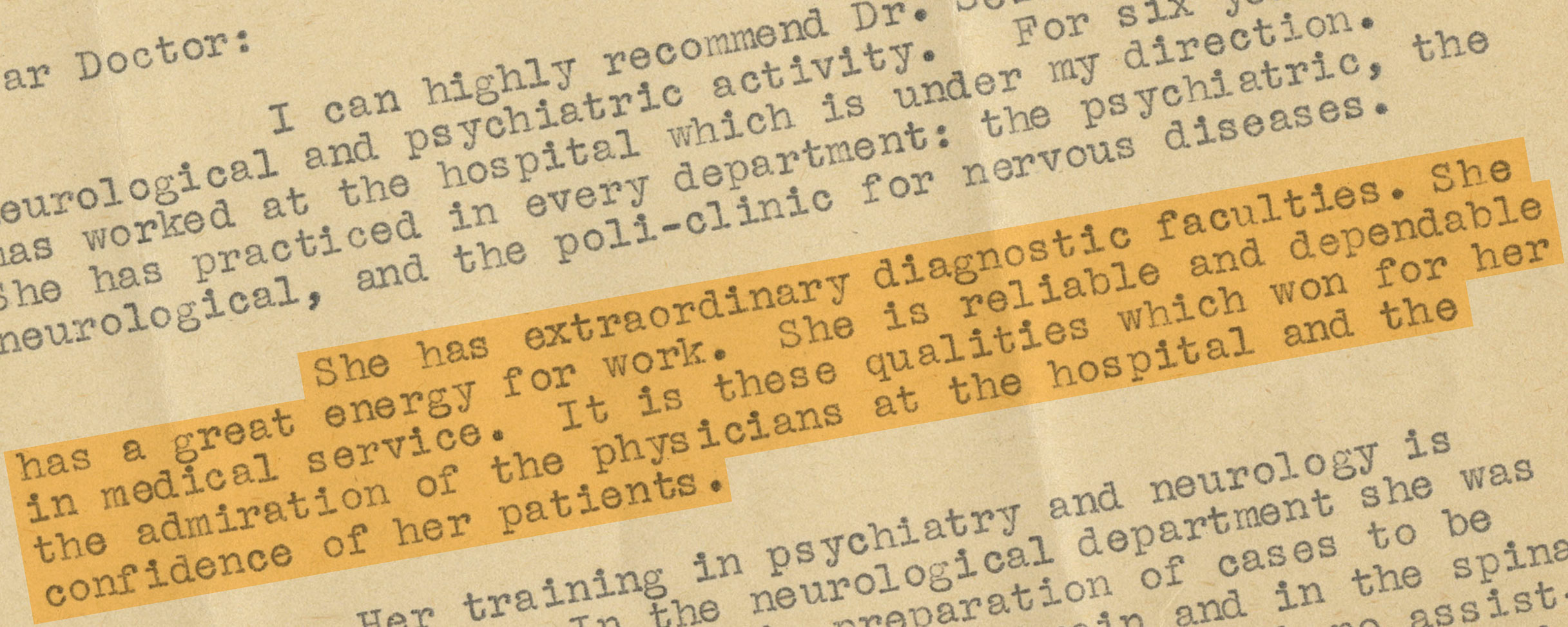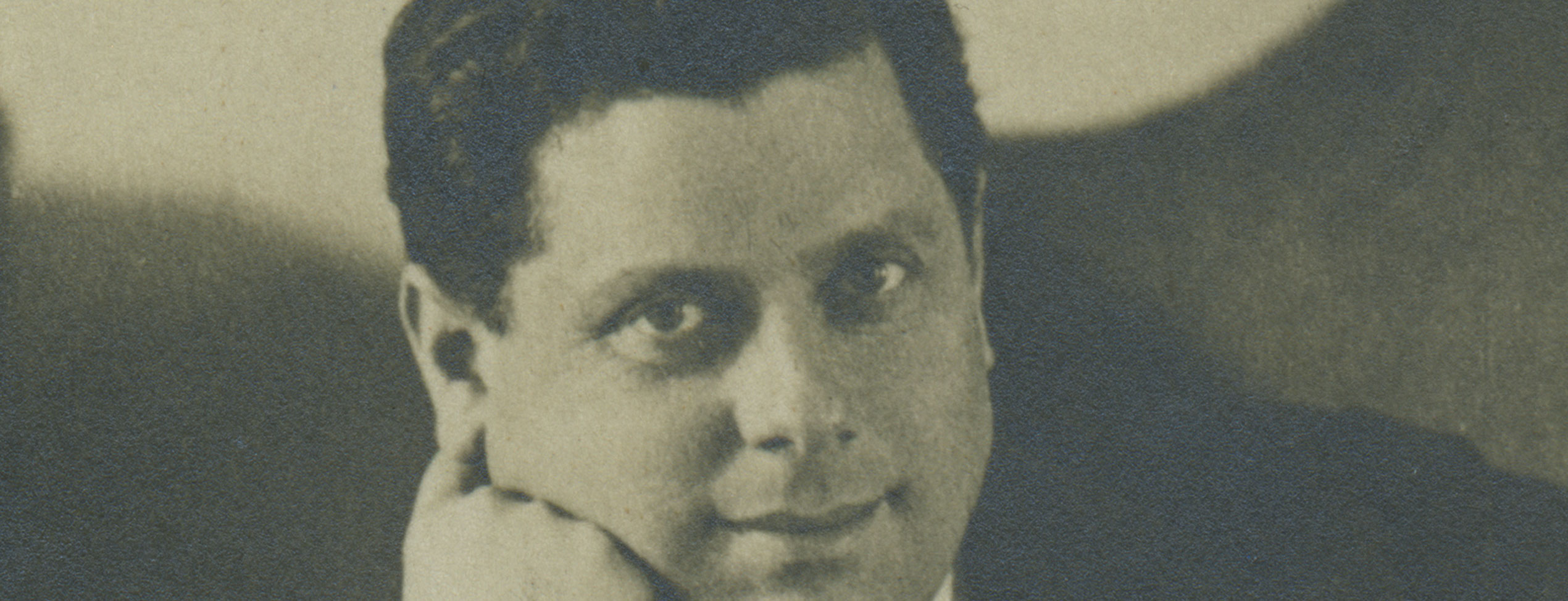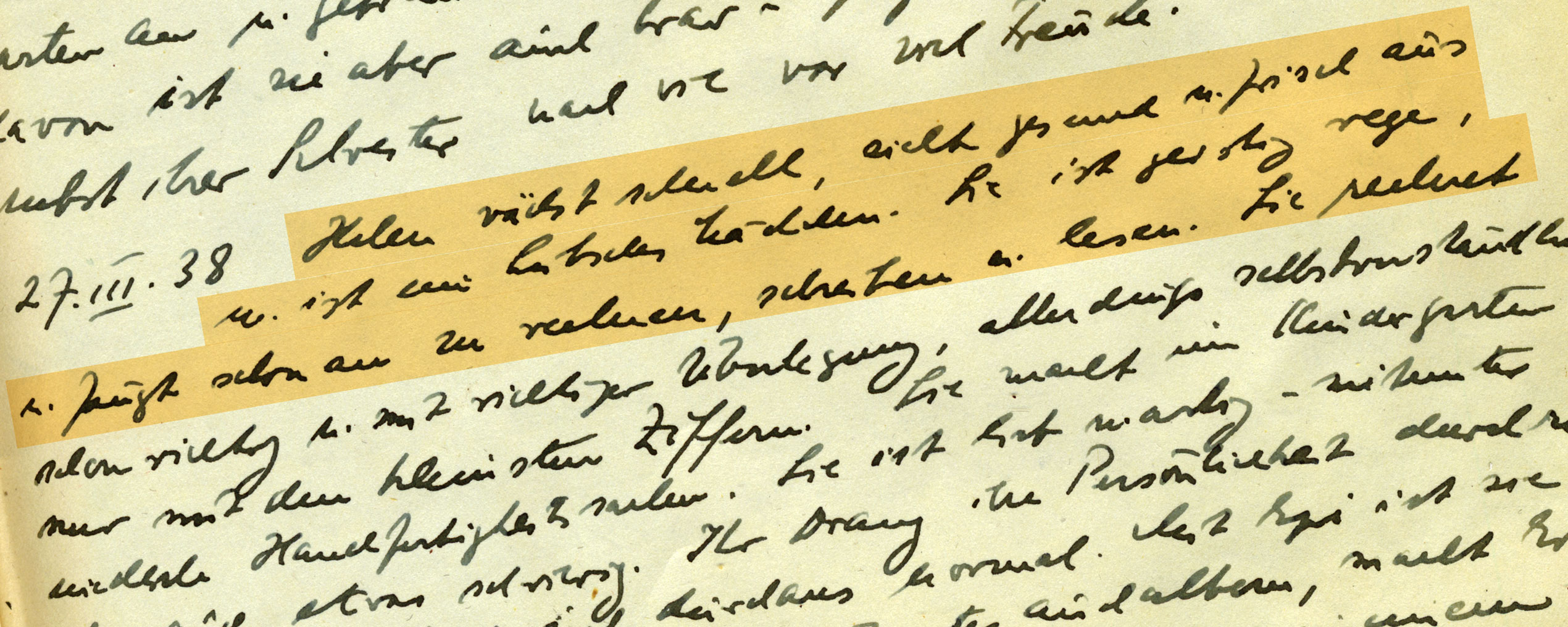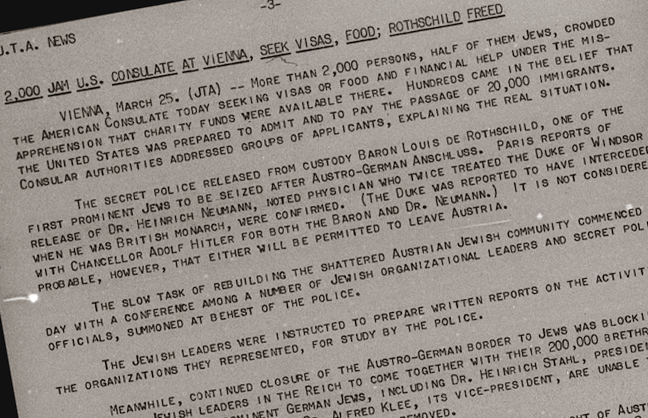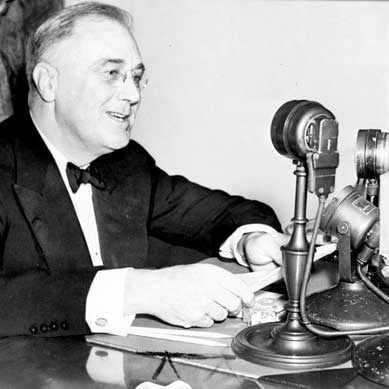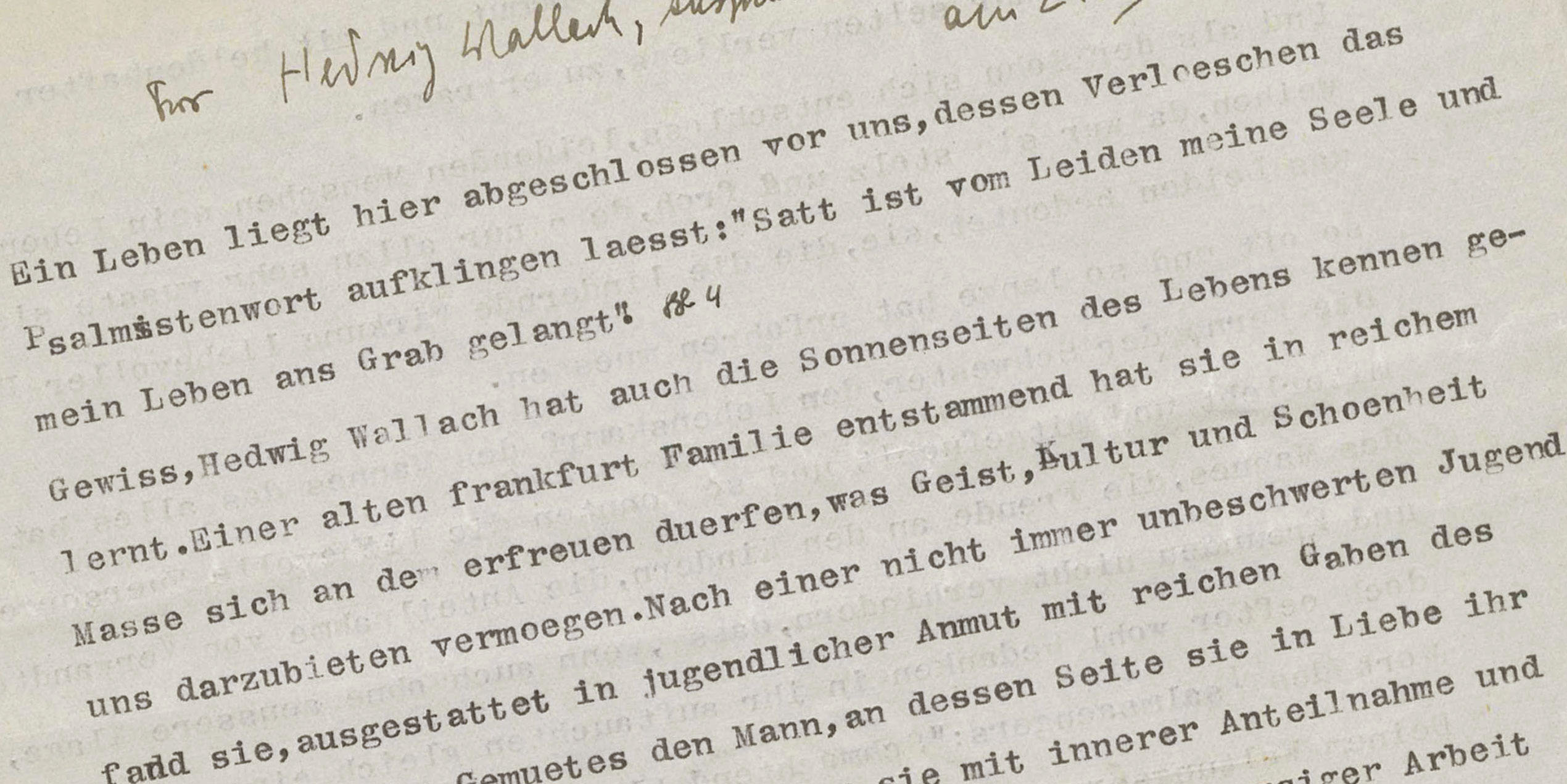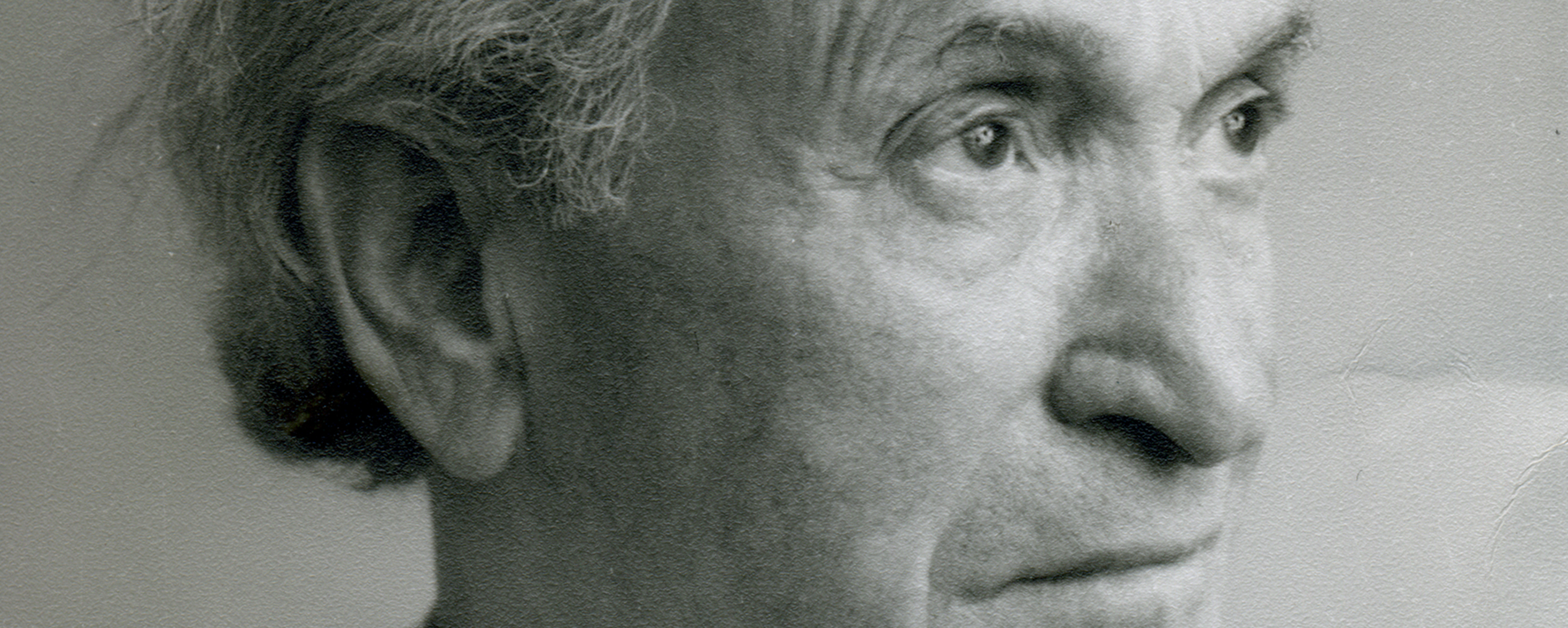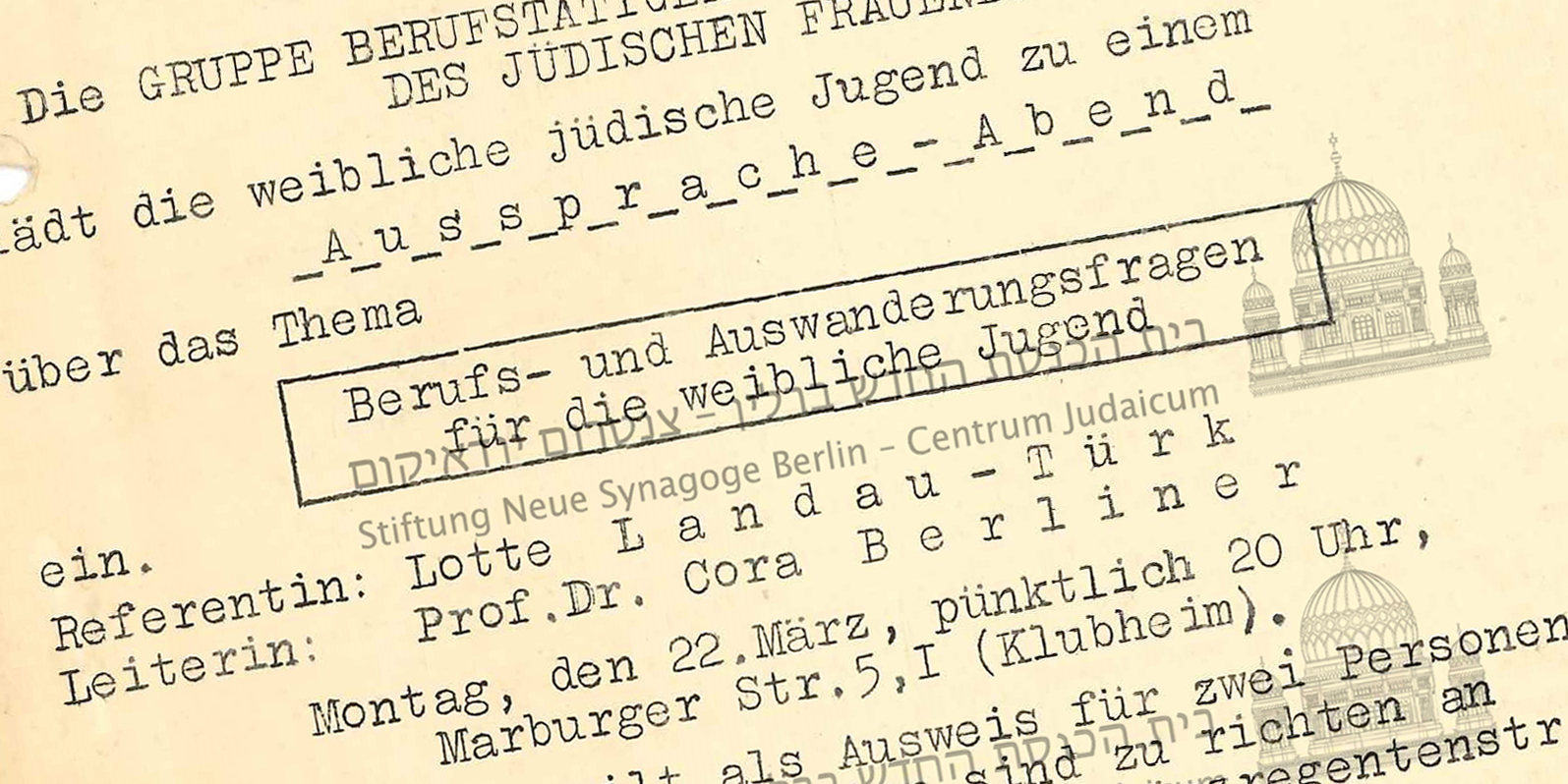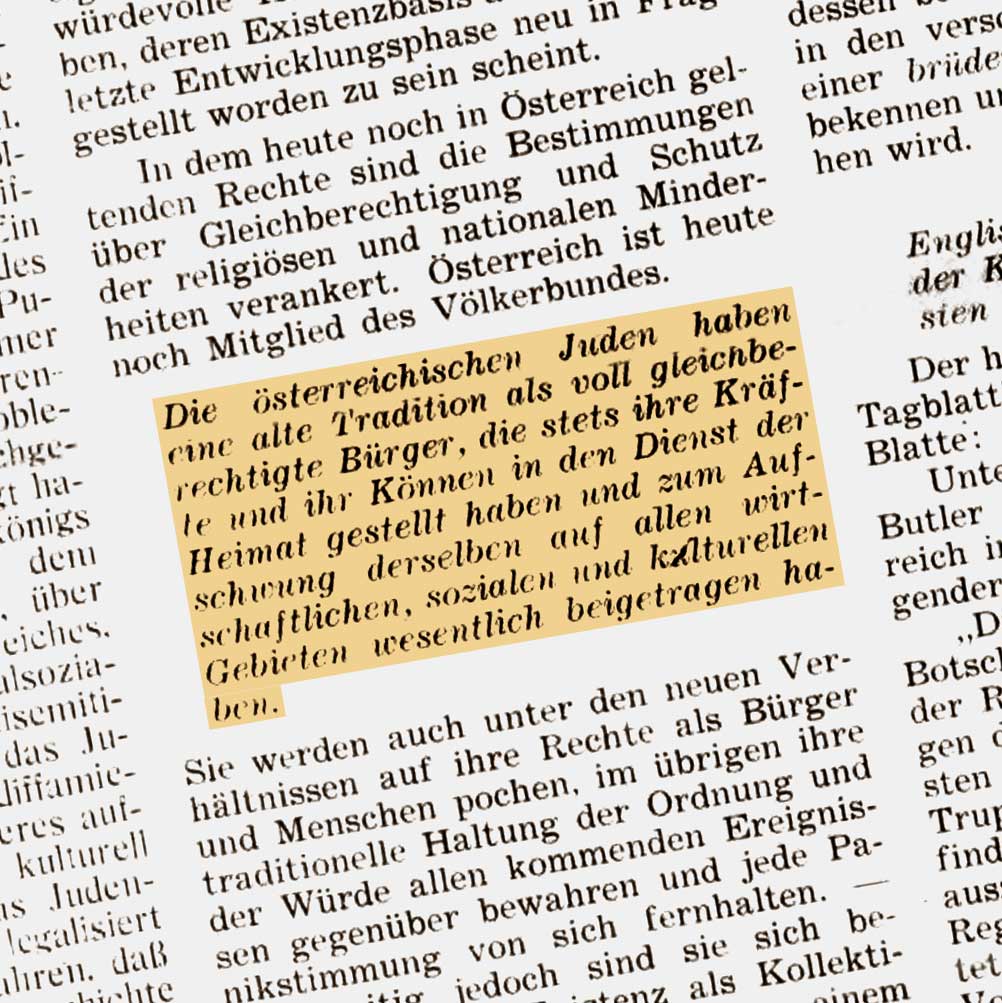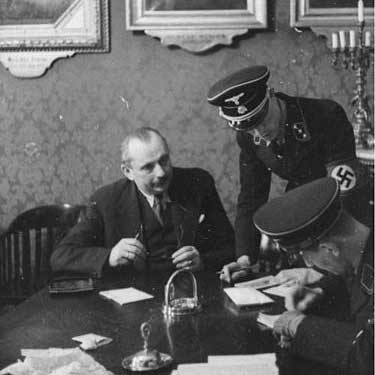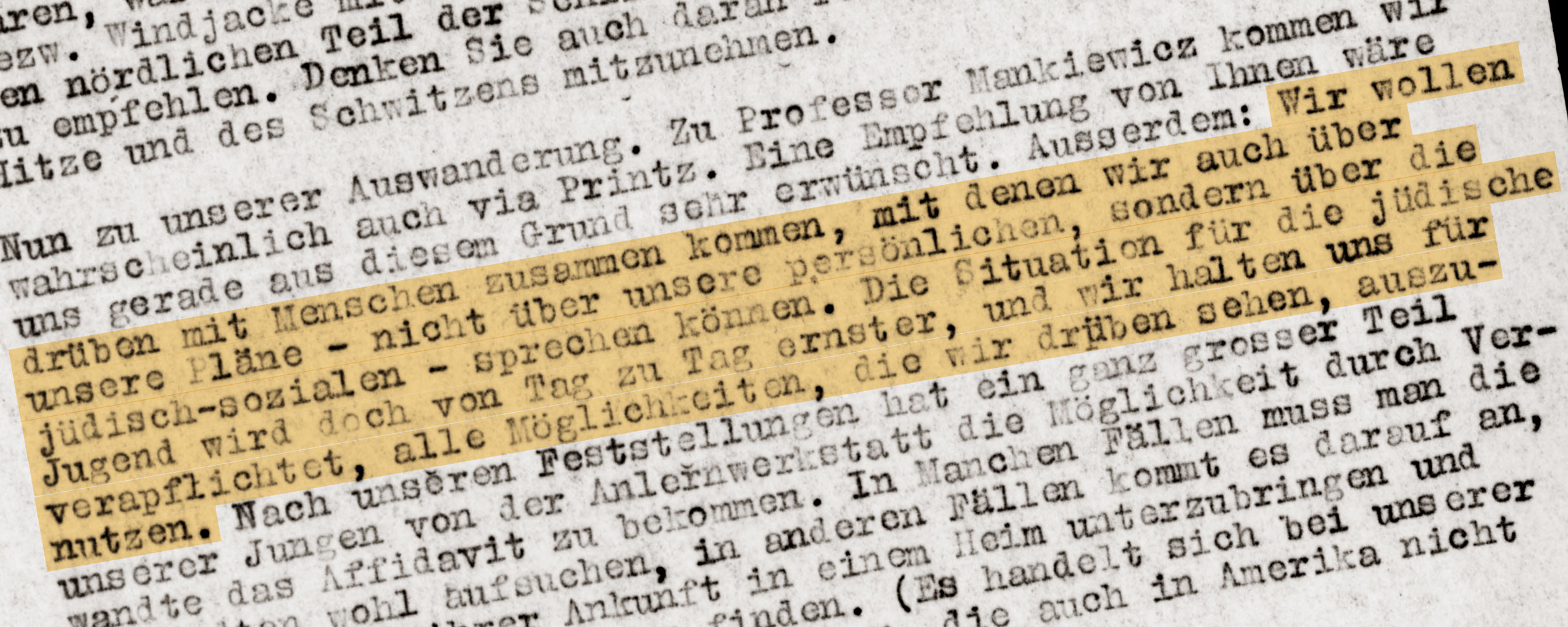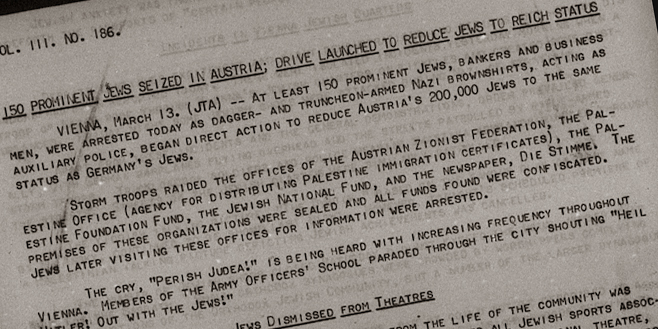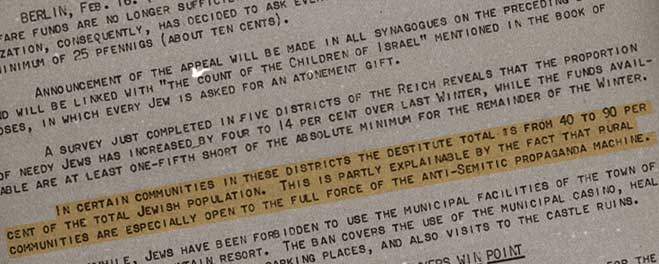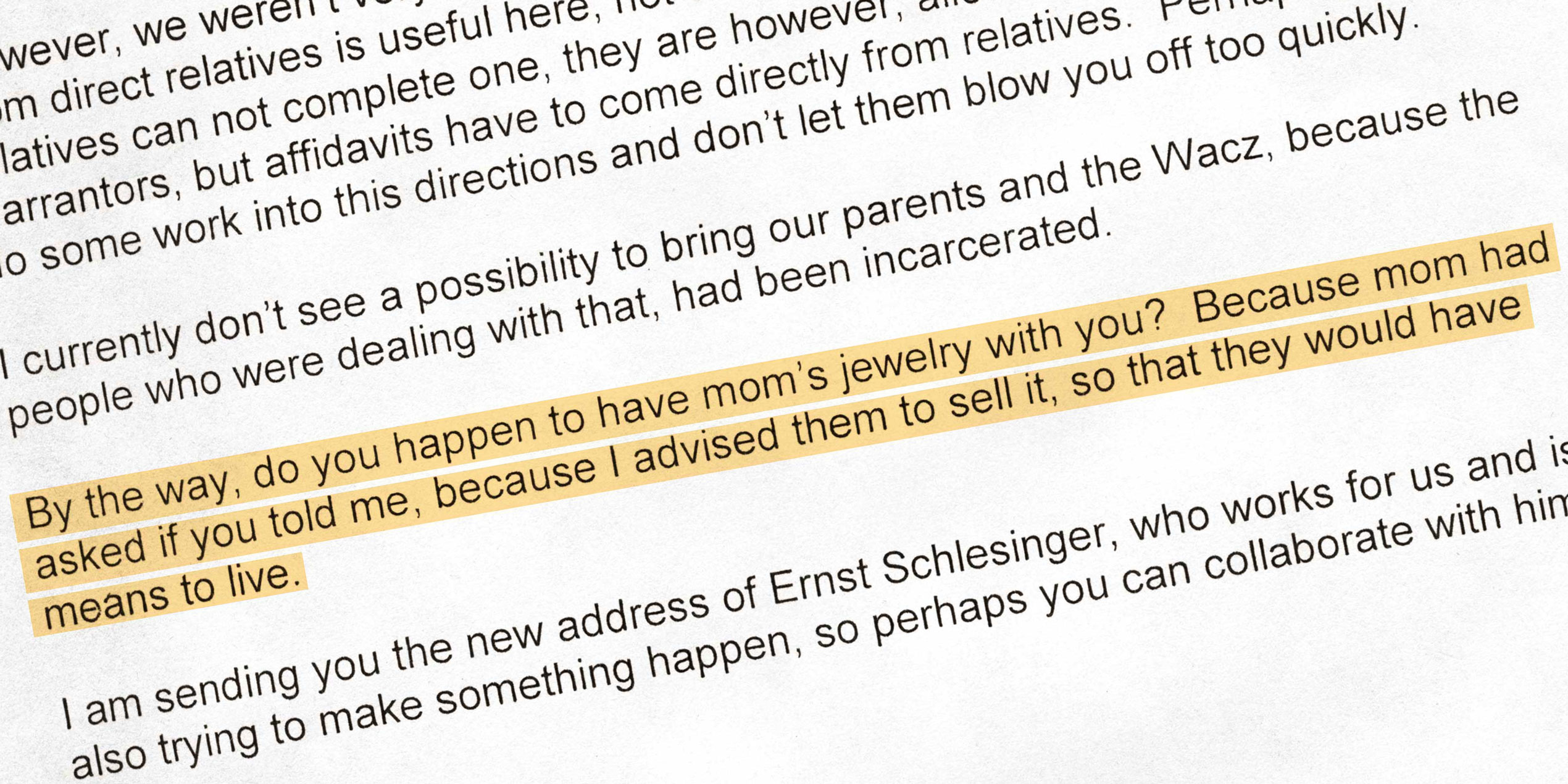Dr. Singer’s Suitcase
Lilian Singer was a pioneering woman physician in Prag
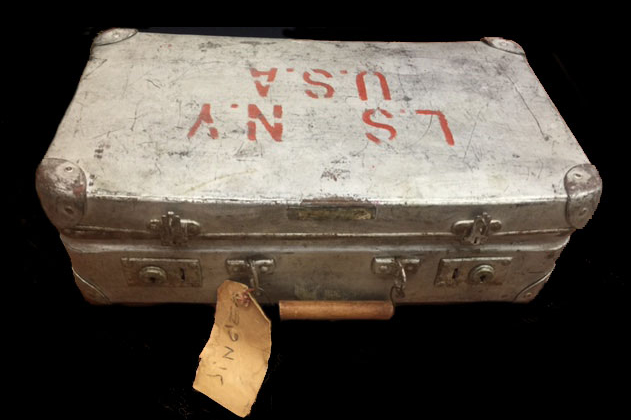
PRAGUE
Lilly Popper (later Lilian Singer) was born in 1898 into a German-speaking family in Brünn (Brno). After graduation from the Gymnasium (high school), she began medical school in Vienna, later transferring to Berlin. There, in 1923, she got her driver’s license, which was just beginning to become socially acceptable for women. After a longer interruption, during which she worked for her father’s business and for a company in Amsterdam, she went back to school and in 1933 graduated from the Friedrich Wilhelm University in Berlin, which had been accepting women as guest auditors since 1892 (and as full-time students since 1908), an opportunity initially seized by a disproportionately large number of Jewish women. With the “Law against the Overcrowding of German Universities” of April 1933, the Nazis limited the access of both Jews and women to higher education, but these regulations did not apply to foreigners. After graduation, Lilian returned to Czechoslovakia. In 1938, she was a resident in surgery at a teaching hospital in Prague. The suitcase shown in the photograph accompanied her on her many journeys.
SOURCE
Institution:
Leo Baeck Institute – New York | Berlin 
Collection:
Lilian Singer Collection, AR 25363 
Original:
LBI Artifacts Collection








































